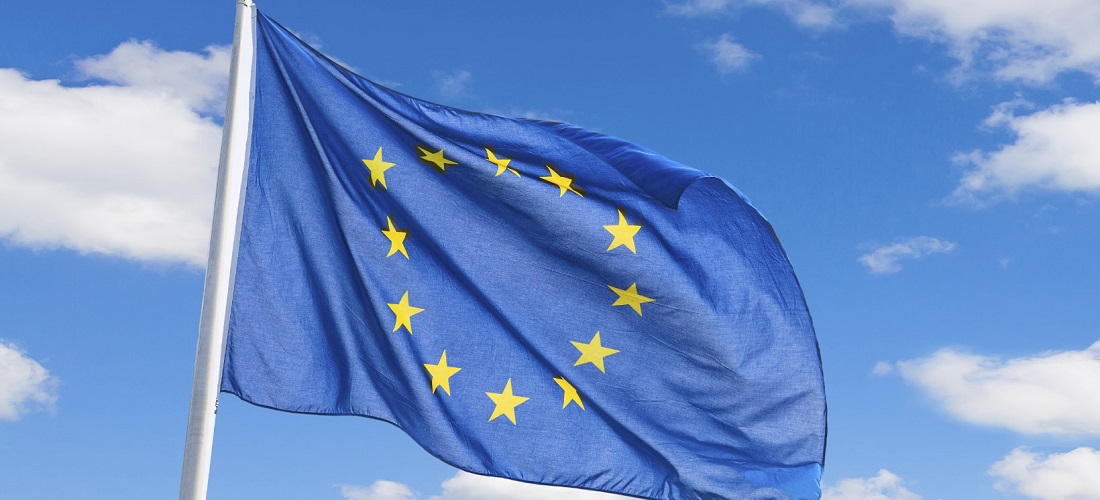
EU sanction pressures global coal market
Apr, 07, 2022 Posted by Gabriel MalheirosWeek 202214
Europe is putting a lot at stake by banning Russian coal, which could leave the region more vulnerable to shortages and increasing blackout risks while the rest of the world deals with rising prices.
Russia is Europe’s main supplier of thermal coal. With the EU joining the US in taking joint actions against President Vladimir Putin’s war in Ukraine, the bloc aims to phase out Russian coal imports.
On April 6, EU member-states supported the proposal presented by the European Commission to ban Russian coal imports. The bloc’s formal final approval is expected to take place on the 8th. Until last year, EU imports of Russian coal amounted to around 4 billion a year.
The problem is that there is no clear alternative to Russian coal, and the Europeans’ search for other sources risks triggering a domino effect, creating a frantic worldwide race for fuel.
Prices are currently at record levels, and the market has been tight for months. European coal prices rose 14% on Tuesday, the highest in three weeks, after news of the proposed ban, with futures prices doubling since the beginning of the year. The Asian benchmark reached an all-time high in March, while last week, in the US, the price surpassed US$ 100 a tonne for the first time in 13 years.
“The proposed sanctions would have a devastating effect on European coal imports,” said Fabian Ronningen, a Norwegian consultancy Rystad Energy analyst. “Some of the coal can be sourced from other markets, but the global coal market is also very tight as a whole.”
There are other complicating factors on top of limited supply. Quickly finding other suppliers involves logistical complications that one must consider. Russia’s closeness to Europe has long been one of the advantages of importing from the country, especially considering that the coal industry often relies on long-distance transportation. European purchases will now seek further afield, to locations like South Africa, Australia, and Indonesia.
Miners in Indonesia, the world’s biggest exporter of power plants-bound coal, were sought by buyers from Italy, Spain, Poland, and Germany, according to Hendra Sinadia, executive director of the Indonesian Coal Mining Association. The possibility of increased demand for coal outside Russia has boosted shares in Australian coal mining companies.
The prospects are not good for coal, considered the most polluting of fossil fuels in the long term. Notwithstanding, the market is growing as a result of the natural gas supply crisis in Europe, and the soaring consumption of fuels since economies around the globe started recovering from the pandemic. According to think-tank Ember, global coal-related carbon emissions rose to a record in 2021.
Increasing coal output to satisfy demand has been difficult. Rail transport issues, Covid-19 outbreaks, and even a short-termed embargo on coal from Indonesia, the world’s largest coal supplier, have all impacted the market.
“The disruption in Russian coal supply is only the latest episode in a series of supply issues that have plagued the market since early last year,” commented Bank of America analysts.
Source: Valor Econômico
To read the full original article, please go to:
-
Ores
Sep, 22, 2021
0
Vale gives up all mining processes on indigenous lands
-
Ports and Terminals
Dec, 17, 2021
0
Port of Rio Grande has DZP updated by Ministry of Agriculture
-
Ports and Terminals
Aug, 23, 2023
0
Port of Itaqui throughput goes beyond expectations for the period
-
Coffee
Jan, 26, 2022
0
Coffee/Abics: soluble coffee exports hit a record with 4.09 million bags

